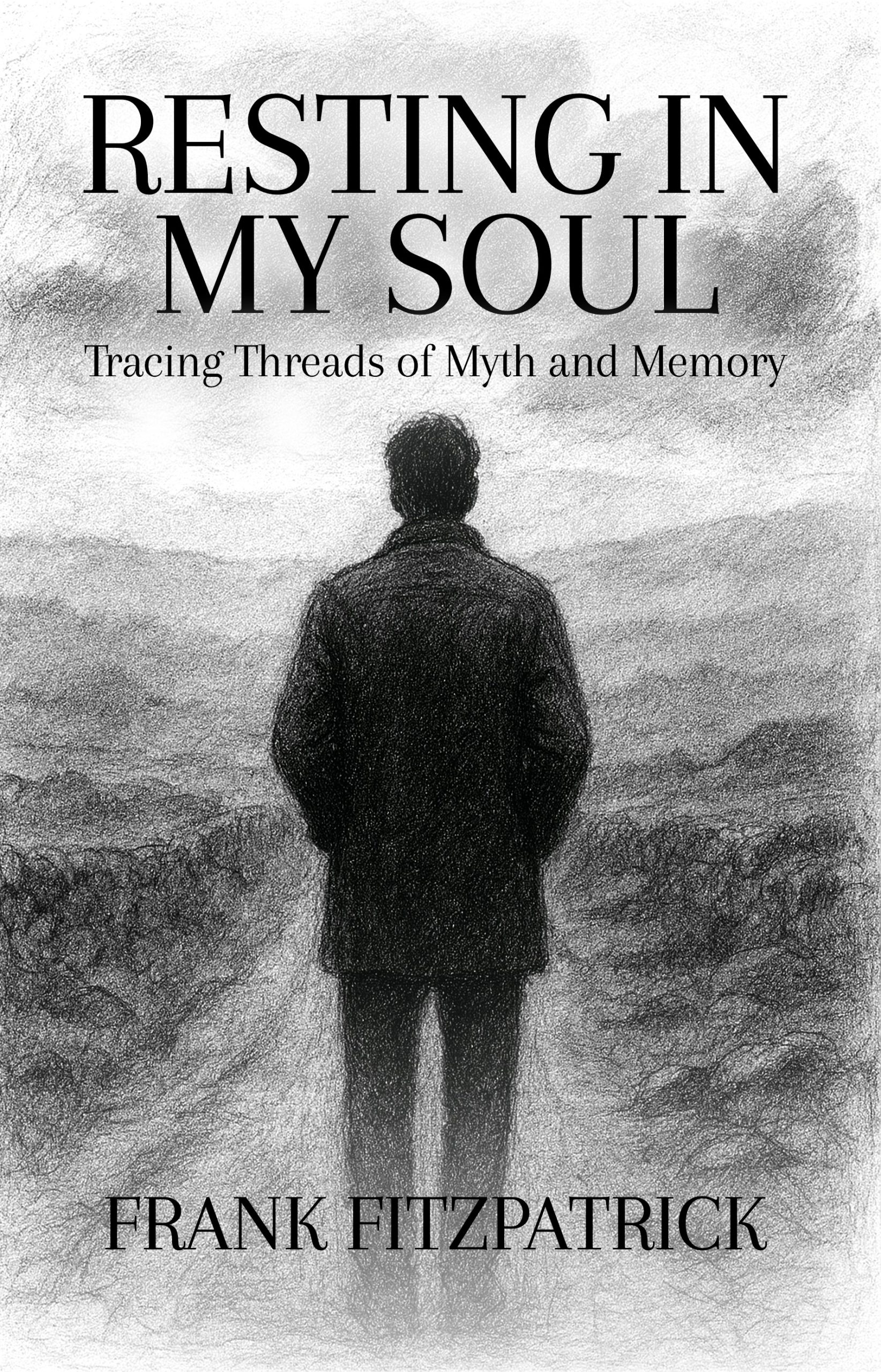Conor McCarthy, the central figure in Frank Fitzpatrick’s Resting in My Soul , is not a hero in the traditional sense. He is not larger than life, not always noble or even rational. And that is exactly what makes him unforgettable. He is a man shaped by love, guilt, history, and myth—a deeply human character whose fractured soul becomes the map for the novel’s emotional and spiritual terrain.

At first glance, Conor is the product of a proud Irish family history. His grandfather, a 1916 rebel, saw in him a continuation of that ancient fire—a spirit rooted in rebellion, identity, and poetic tradition. But from an early age, Conor carries more than stories. He carries expectations. He is a “great little Rebel,” a boy taught that history lives in the blood. And as he grows, he struggles to balance the weight of that legacy with his own emotional fragility.
Love, for Conor, is both salvation and wound. His bond with Emily is tender, intense, and ultimately tragic. Their relationship offers a glimpse of the life Conor could have had—intellectually rich, emotionally honest, vibrantly alive. But her death, and the horrific circumstances surrounding it, shatter him. In losing her, Conor loses more than love. He loses his grip on meaning.
It is here that Fitzpatrick’s portrait becomes most profound. Conor doesn’t become a martyr or a symbol. He spirals. He drinks, drifts, disconnects. His dreams grow darker. He hears voices from his past—Emily’s, Finn’s, Granda’s—all calling him to account. The guilt he carries over Finn’s death, the rape and suicide of Emily, and his own inaction forms a slow-burning fire in his chest.
And yet, even as he deteriorates, something holds him. Fitzpatrick never lets us forget that Conor is still in conversation with his soul. The mythic experiences, particularly the mysterious encounter at Poulnabrone and the ethereal dreams that follow, become more than just narrative devices. They are spiritual checkpoints. Moments when Conor, even in his despair, is called to reckon with who he is—and who he might still become.
Masculinity, too, is central to his character. Not the hardened, stoic masculinity of nationalist myth, but a vulnerable, self-questioning kind. He mourns. He weeps. He clings to memories. He wants redemption, not glory. In this way, Conor becomes a new kind of Irish male protagonist—one shaped not by conquest, but by conscience.
Fitzpatrick uses Conor’s voice to interrogate the myths we carry, the roles we’re given, and the wounds we inherit. And while the novel is saturated with sorrow, Conor’s journey is not one of defeat. It is one of search. Of trying to make peace with the past—not just Ireland’s, but his own.
Who is Conor McCarthy? He is the rebel who couldn’t find his war, the lover who couldn’t save the woman he adored, and the man who wanders between myth and reality trying to find a version of himself he can live with. He is, in the end, us—broken, haunted, searching, and still holding on.